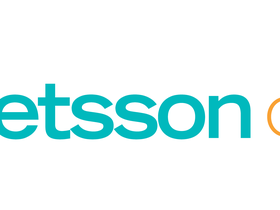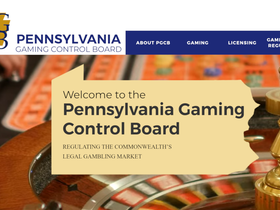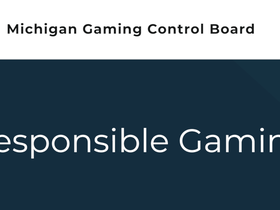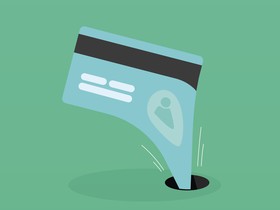They’re losing everything in a day because of the speed of online gambling.
Online casino and sports betting went live in Connecticut in the Fall of 2021 and, with the arrival of online gambling, and the sudden ability to wager any time day or night with just a few clicks, Connecticut regulators are stressing the importance of responsible gambling measures, both at the state level and at the operators’.
In just four months’ time, the revenue generated from online casino gaming and sports betting in CT has already hit the billions, leaving no doubt that gambling is an incredibly popular activity in the Nutmeg State. However, the Connecticut Council on Problem Gambling (CCBG) acknowledges that the increased accessibility and increased popularity also mean an increase in the number of people that will be affected by gambling’s harmful nature and develop problems and addiction.
“They’re losing everything in a day because of the speed of online gambling,” said Diana Goode, Executive Director of the Connecticut Council on Problem Gambling. ”They’re betting and betting and betting…. Behind every one of those millions of dollars is a person and a family that may or may not be able to afford that money”.
They’re betting and betting and betting…. Behind every one of those millions of dollars is a person and a family that may or may not be able to afford that money.
With these comments in mind, we take a closer look at the official rules outlined by the Connecticut government that highlight the problem gambling requirements each operator must meet in order to be allowed to offer online games to players in their state.
As per CT law, every operator has to meet certain responsible and problem gambling requirements, including:
- A pop-up message that appears when logging in and when signing off that says: “If you or someone you know has a gambling problem and wants help, call (888) 789-7777 or visit ccpg.org/chat”
- The ability for players to limit the amount of time and money spent on the site, also known as responsible gambling tools. We provide a comprehensive overview of which tools are available at each site in our Casino Shield Guide to Responsible Gambling Tools at US Online Casinos.
- A pop-up notification that appears at least every half-hour informing the player of the current time, “the amount of time elapsed on the site, and the amount wagered since they logged on and started that session.”
- The option for players to self-exclude directly on the gaming website and app. You can also self-exclude at the state level. Once a player self-excludes, the operator must share that information with the state gambling authorities. For more information on how to self-exclude, including a state-by-state guide, check out our Casino Shield Guide to Problem Gambling.
- An online casino, poker room, or sportsbook in CT will not incite a player to continue gambling “when play is in session, when the patron attempts to end a session, or when the patron wins or loses a bet.
- if a player has initiated a withdrawal request, the operator may not offer anything of value to try and change their mind or incentivize the player to continue betting.
- If a player’s lifetime deposits exceed $2,500, the operator must require the player to acknowledge and verify every six months that they have the funds to continue gambling.
The full set of problem gambling requirements in CT can be found here.
As technology changes and the gambling industry grows, so do the regulators, continually reevaluating the systems in place and adjusting as needed so they can keep Connecticut players safe and in control of their gambling, to prevent problems from happening, to catch problems as they begin, and to provide the best resources available to those in need.
“As with any industry that we regulate, we often look to our peers in other states for lessons learned and best practices when establishing regulations for Connecticut,” Kaitlyn Krasselt, Communications Director at Connecticut Department of Consumer Protection told Casino Shield.
“We will continue to promote the self-exclusion list and work with our partners at the Department of Mental Health and Addiction Services and the Connecticut Council on Problem Gaming to address any new issues related to problem gaming in Connecticut,” she went on to say.




